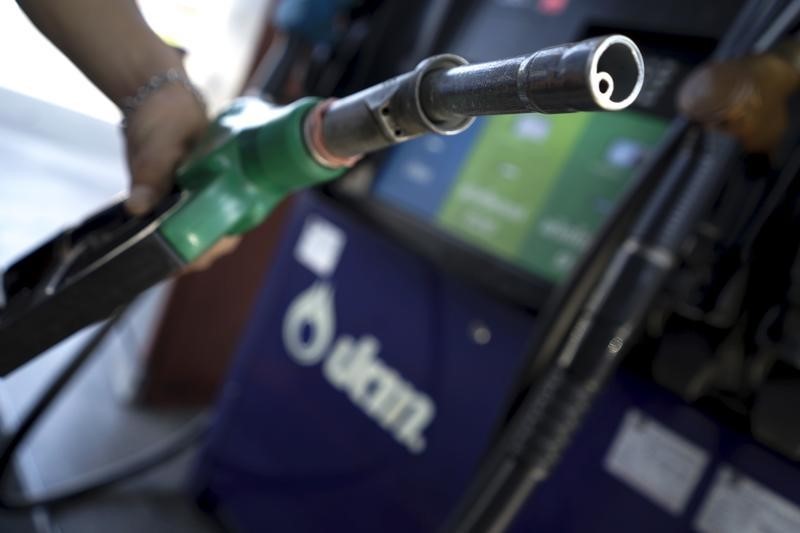By Barani Krishnan
Investing.com - Oil prices fell for the first time in more than a week after top buyer China omitted its growth target for 2020 and renewed its showdown with pro-democracy protesters in Hong Kong. The slide comes ahead of the U.S. Memorial Day weekend, which will be the next stress test for $30 WTI.
“The tendency of the oil market to correct and top often happens ahead of holiday weekends. Still, this market deserves to correct,” wrote Phil Flynn, the analyst at Chicago’s Price Futures Group, who’s typically bullish on oil.
“The historic turnaround from sub-zero pricing to an incredible comeback, it only stands to reason that the market may want to level off and consolidate as it tries to judge demand and the impact on what is the traditional start of the summer driving season, Memorial Day.”
Traders and investors will be on the lookout for anecdotal and other data on U.S. driving and gasoline usage between Friday night and Monday’s Memorial Day holiday, given the absence of a typical forecast on road trips for the occasion by the American Automobile Association. The AAA has said it is foregoing its annual Memorial Day drivers’ survey for the first time in 20 years as the Covid-19 pandemic had made it impossible for it to gather appropriate data. Last year, some 43 million Americans took to the road last year for Memorial Day, the second-highest since 2005, the association said.
U.S. West Texas Intermediate crude’s front-month contract, July, settled down 67 cents, or 2%, at $33.25 per barrel.
Brent, the London-traded global benchmark for oil, slid by 93 cents, or 2.6%, to settle at $35.13.
Still, WTI finished up 13% on the week and Brent 8%, for their fourth-straight weekly gain that marked oil’s best winning streak since December.
WTI also rebounded from Friday’s lows after the weekly rig count published by industry firm Baker Hughes showed drillers cut another 21 oil rigs, bringing to nearly 450 the number lost since the week ended March 18, when lockdowns over the coronavirus began earnestly in the United States and across the world after China started the phenomenon in January.
"Oil’s dynamics have undoubtedly improved, but the outlook is still highly uncertain and numerous risks lie on the horizon, even before you take recent tensions on China into consideration,” said Craig Erlam at New York’s OANDA. “There'll be nothing normal or straightforward about this recovery.”
WTI fell to as low $30.74 earlier after China’s National People’s Congress kicked off a week-long meeting saying it omitted the 2020 economic target, while pledging to issue 1 trillion yuan ($140 billion) of special treasury bonds to support companies and regions hit by the pandemic.
China's ruling Communist Party also set in motion a controversial national security law for Hong Kong, a move seen as a major blow to the city's freedoms. The law to ban "treason, secession, sedition and subversion" could bypass Hong Kong's lawmakers.
